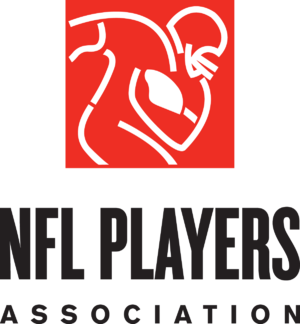According to USA Today, the NFLPA is launching another initiative to assist players with life after their NFL careers. The players’ union is stepping up its efforts to help members with life after the game by establishing four, two-day conferences that will be around the country this year.
The conferences mix some touchy-feely pep talks with nuts and bolts financial advice and even workouts. According to Bradie James, a former Dallas Cowboy and a regional captain with The Trust they key is teaching players how to channel “the ego that made them think they were invincible” as athletes into productive personal and business futures.
The Trust which was launched by the union in 2013, provides networks and seminars for former players that touch on everything from launching a business to being a parent. The Professional Athletes Foundation (PAF) is another part of the network that the NFLPA has put together to nurture former players and it makes emergency grants to players on a limited basis.
“You go through an identity crisis,” James said when asked about leaving the game.
The New Orleans conference attracted a range of players who have coped with the after-star life in different ways. Marcus Ogden, who spent six years in the NFL as an offensive lineman, was a speaker in New Orleans. Ogden sported a navy blue suit and spoke with the ease and assurance of a Wall Street broker. Which, in fact, he was – briefly, after he lost $2 million in 90 days in a construction business he started.
Bankrupt, Ogden turned to the PAF which covered his bills for four months. Back on his feet, he got a job with Merrill Lynch before parlaying his experience into name-brand sports camps he runs today in North Carolina.
“I didn’t blow my money on cars or women or drugs,” Ogden said. “I lost my money because I didn’t have the experience to be a corporate businessman and didn’t know how to take basic steps like background checks.”
Dodging such business pitfalls is a major goal of the conference, an idea that would have been unheard of in an earlier era.
“There are 18,000 former players and you still hear, ‘we don’t know, we don’t know,’” said Nolan Harrison III, a senior director with the union. “There is not a former player we can’t help when the walls start to close in during transition.”
